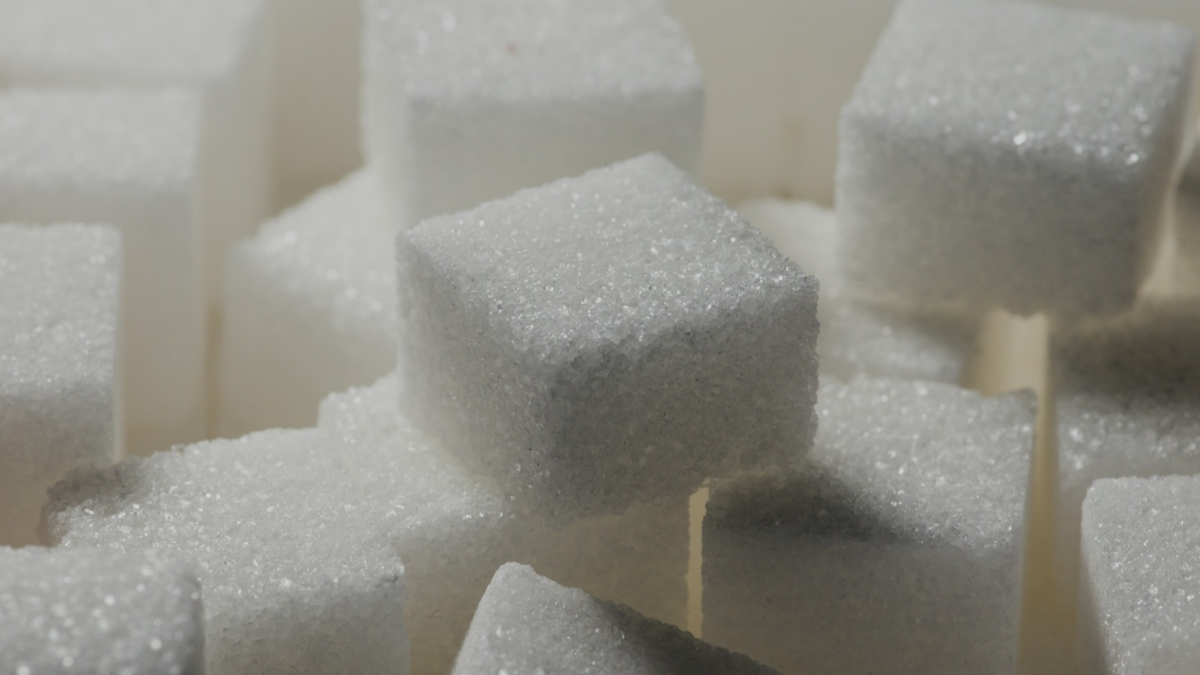Erythritol is one of the many sugar alcohols, a type of carbohydrate used more and more as a sweetener with low calories in many foodstuffs. It is about 60-70% as sweet as sucrose, table sugar, but has nearly no caloric value, thus being widely used by people who want to cut down on calorific intake without losing the sweetness. Erythritol occurs naturally in some fruits and fermented foods and is industrially prepared through glucose fermentation that comes from corn.
Erythritol rise to prominence in food products
Erythritol, commercialized since the 1990s, emerged as a popular polyol known particularly in “sugar-free” and “low-carb” products. It finds application in:
- Beverages: Soft drinks, flavored waters, and dietary supplements
- Confections: Sugar-free candies and chocolates
- Baked goods: Cookies, cakes, and muffins
- Dairy products: Yoghourts and ice creams
- Tabletop sweeteners: Products marketed for home use
Erythritol is preferred not just for its sweetness, but it is capable of replicating the ‘texture’ supplied by sugar in baked goods without extra calories. More significantly, it doesn’t add up to any tooth decay because oral bacteria can’t metabolize it, hence it is tooth-friendly.
Health concerns on blood clots and heart disease
There’s new and pretty big concerns being raised about the safety of erythritol, particularly in terms of cardiovascular health. According to a study led by the Cleveland Clinic, consuming erythritol could raise the risk for blood clots, heart attacks, and strokes. Researchers in a small pilot study discovered that subjects who consumed sweetened beverages made with erythritol had higher platelet activity, which is a step before clotting occurs.
The study found that erythritol could potentially leave a residue in the platelets, which gives them greater reactivity or responsiveness, increasing the chances of clotting. Principal investigator Dr. Stanley Hazen founded that even low amounts of erythritol would initiate surprisingly profound effects on platelet function, indicating that patients with cardiovascular disease stand poor chances. This does, in fact, correspond to previous studies showing that higher blood erythritol levels correlate with a major increase in adverse cardiovascular events among patients.
Regulatory status and safety guidelines
Erythritol has had the GRAS designation by FDA and can really be used in foods without labelling themselves.
Nevertheless, these new findings have procured cries for a reconsideration of safety, bearing in mind that the EFSA trimmed the erythritol suggested daily intake limit to 0.5 grams per kilogram of body weight. The said modification, however assuages avoiding potential long-term impact of over-consumption linked with electrolyte imbalances and gastrointestinal maladies.
Common products containing Erythritol
It is in many-products that are hailed as being healthier than the conventional sweeties. Common products that are likely to contain Erythritol include:
- Sugar-Free candies: Most target diabetics and low-sugar dietarians.
- Protein bars: Commonly used in low-carb and high-protein snackers.
- Low-Calorie ice cream: This has been trending among many who seek to cut down their calorie intake.
- Beverages: This involves flavored waters, diet sodas, energy drinks, and other beverages that are “sugar-free.”
- Baked goodies: Think sugar-free cookies and cakes, or those that boast a “low-carb” label.
Erythritol is one such sugar substitute that has become wide in application due to the fact that it provides sweetness with absolutely no calories, hence quite alluring to those who watch their weight or blood sugar levels. However, the new research associating erythritol directly with an increased incidence of blood clots and cardiovascular events raises genuine concerns regarding safety, especially to individuals with pre-existing health conditions.
With a growing awareness among consumers, especially on the difference between whole and natural, there is the need to remain cognisant of different ingredients that are used in food products and to make informed choices regarding their health and personal well-being.

